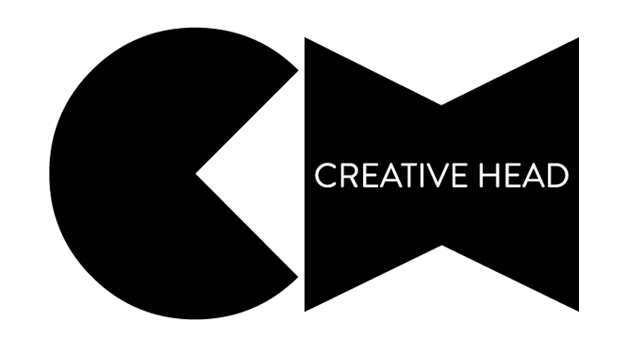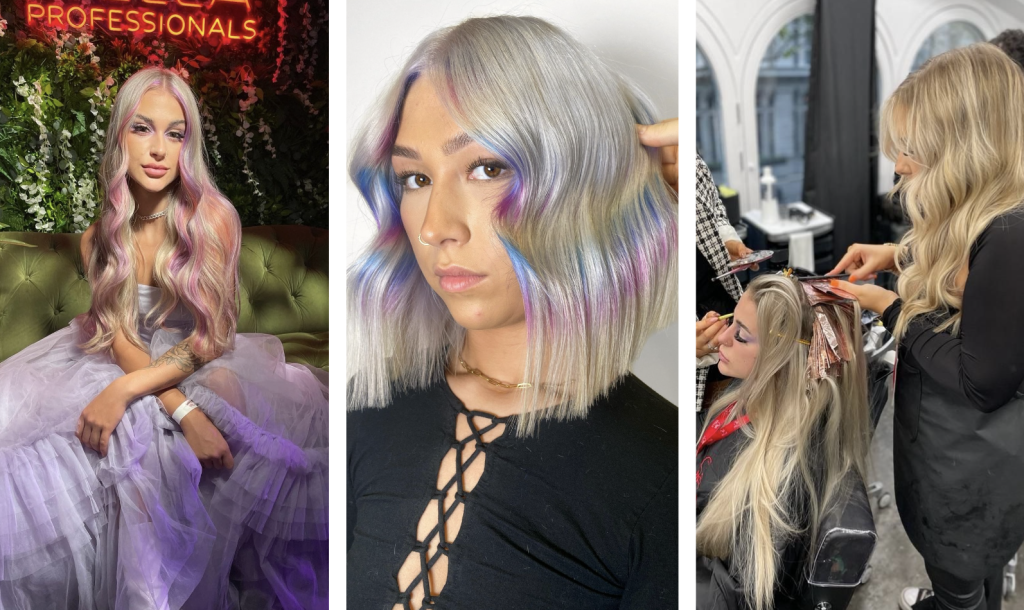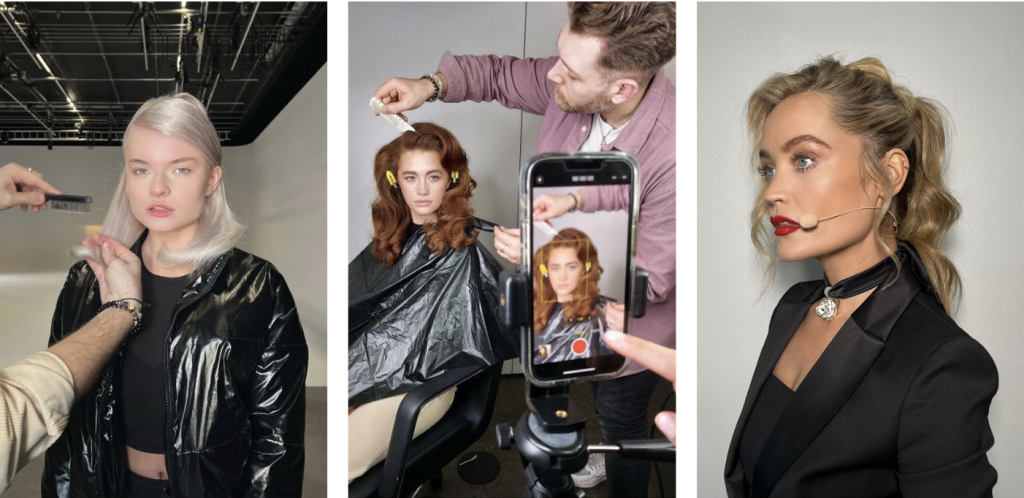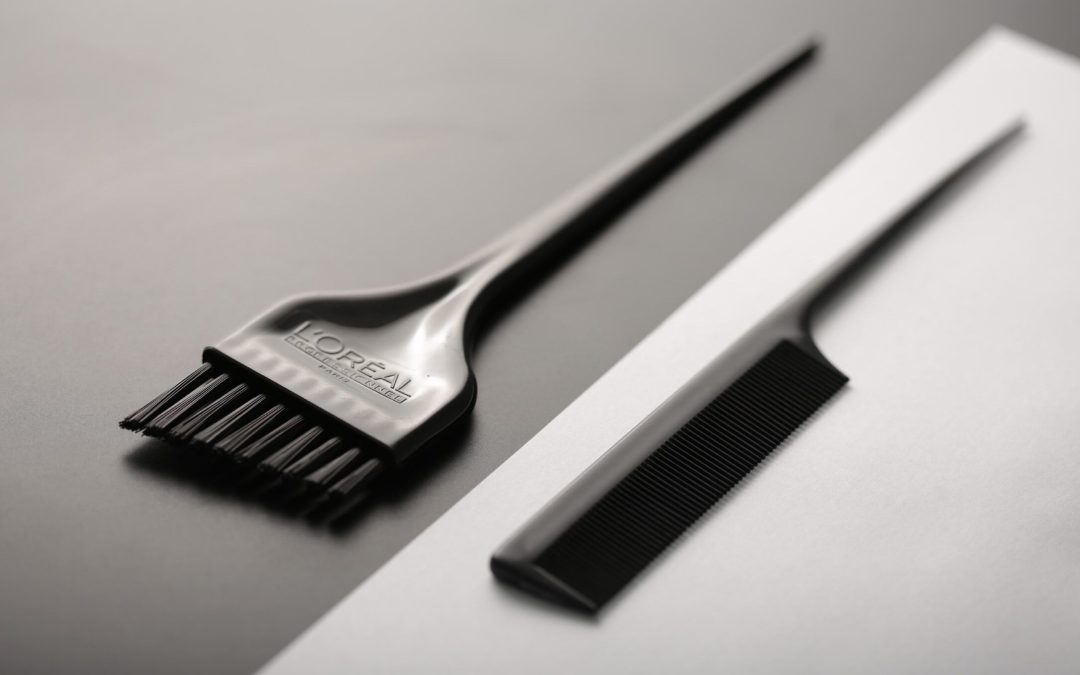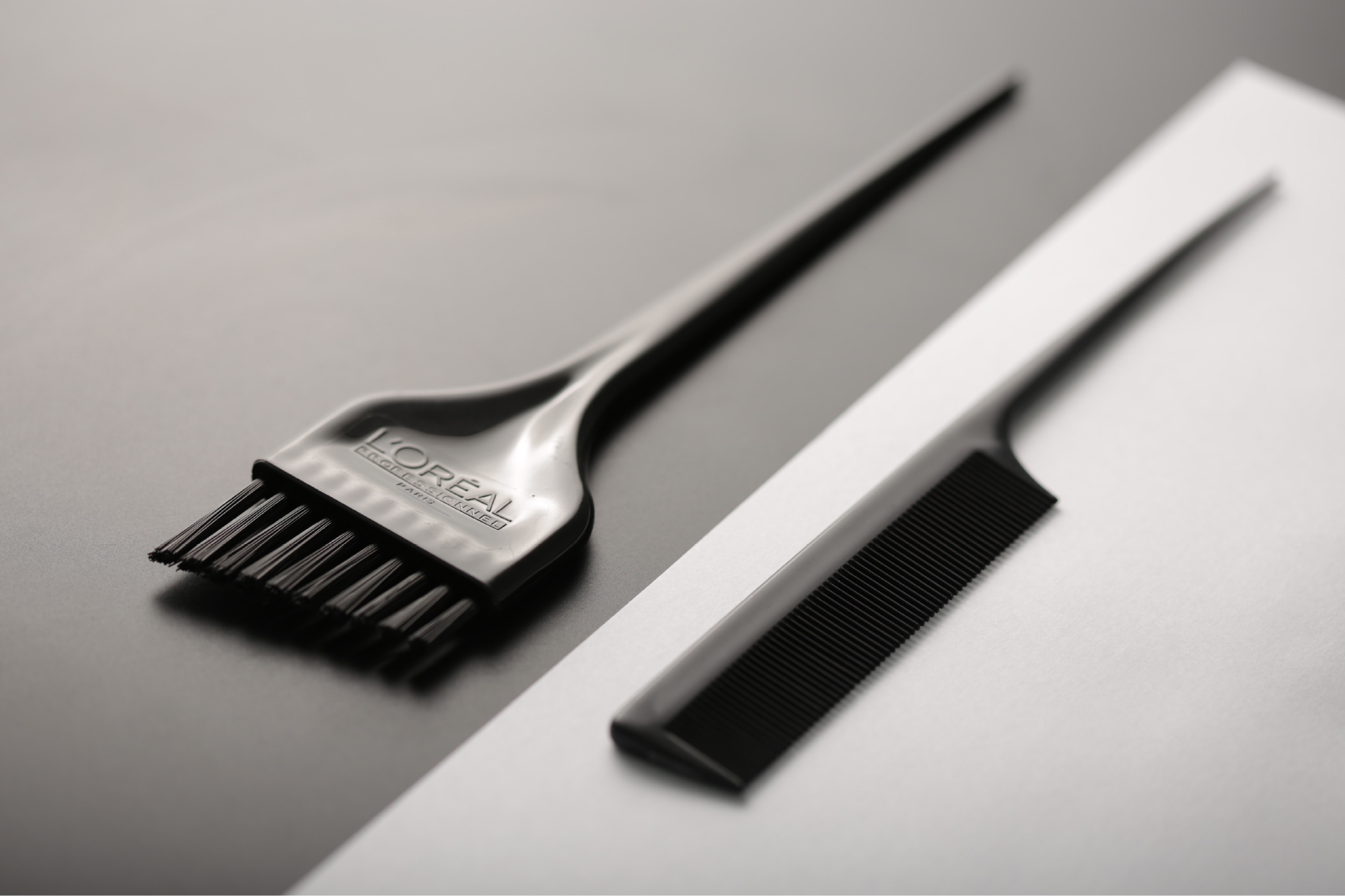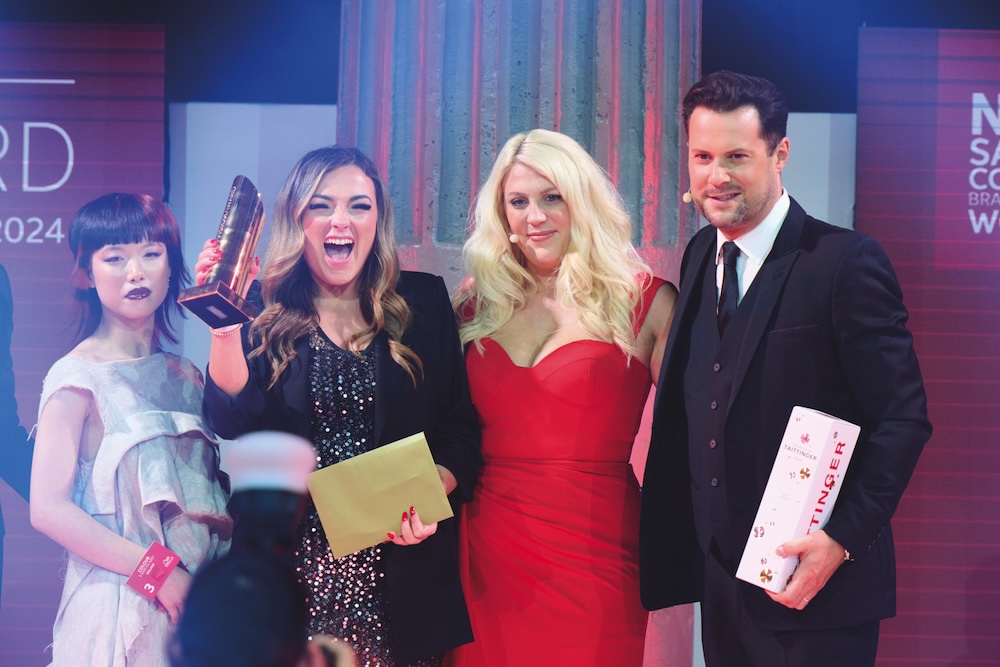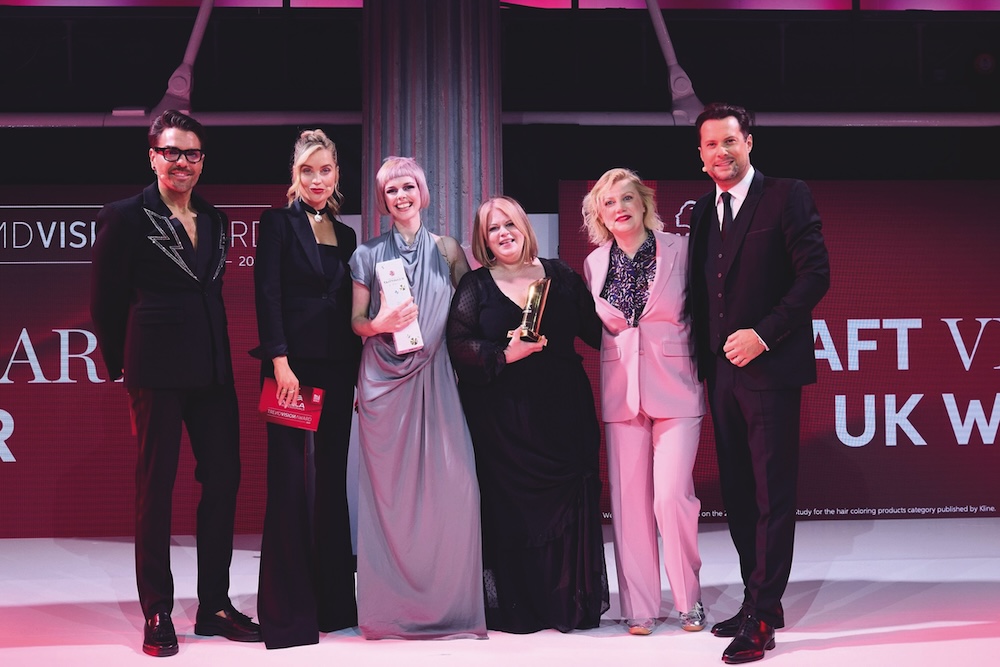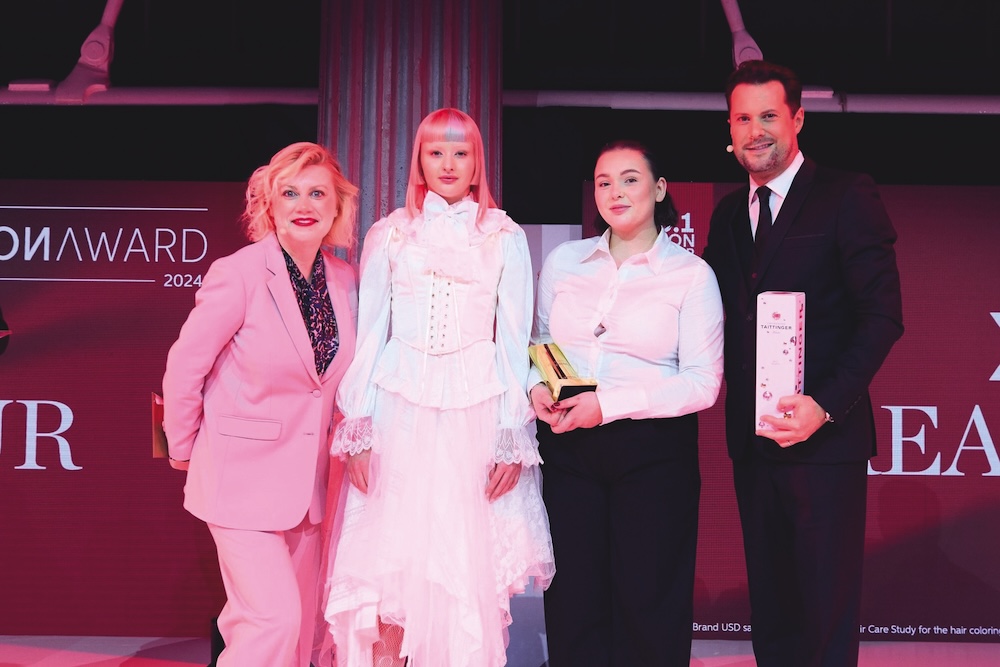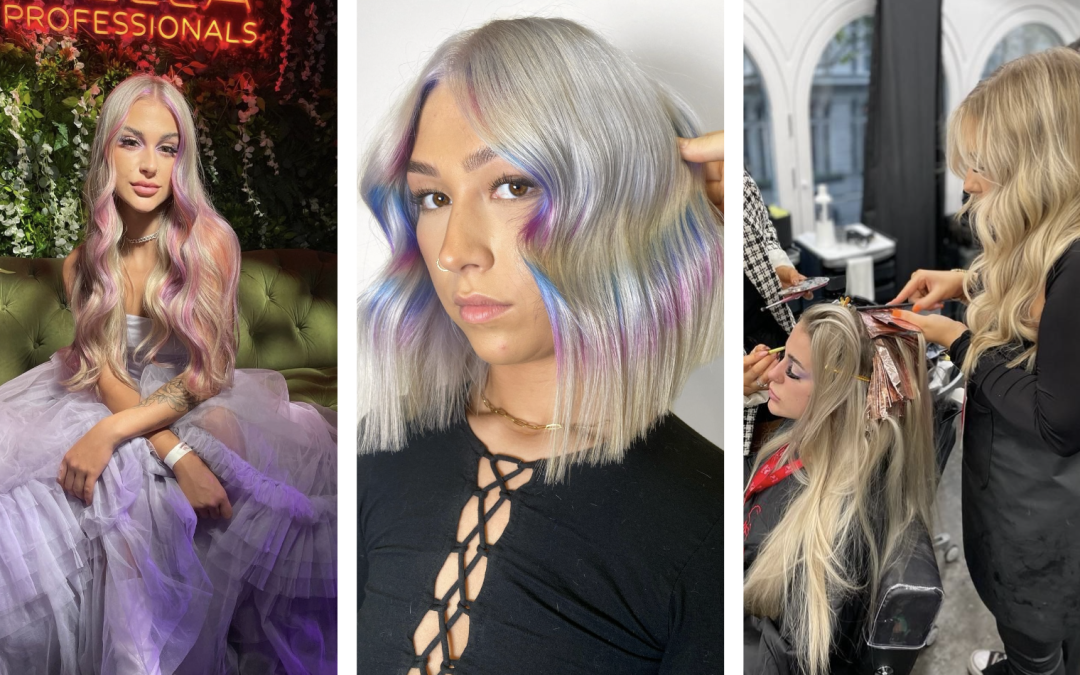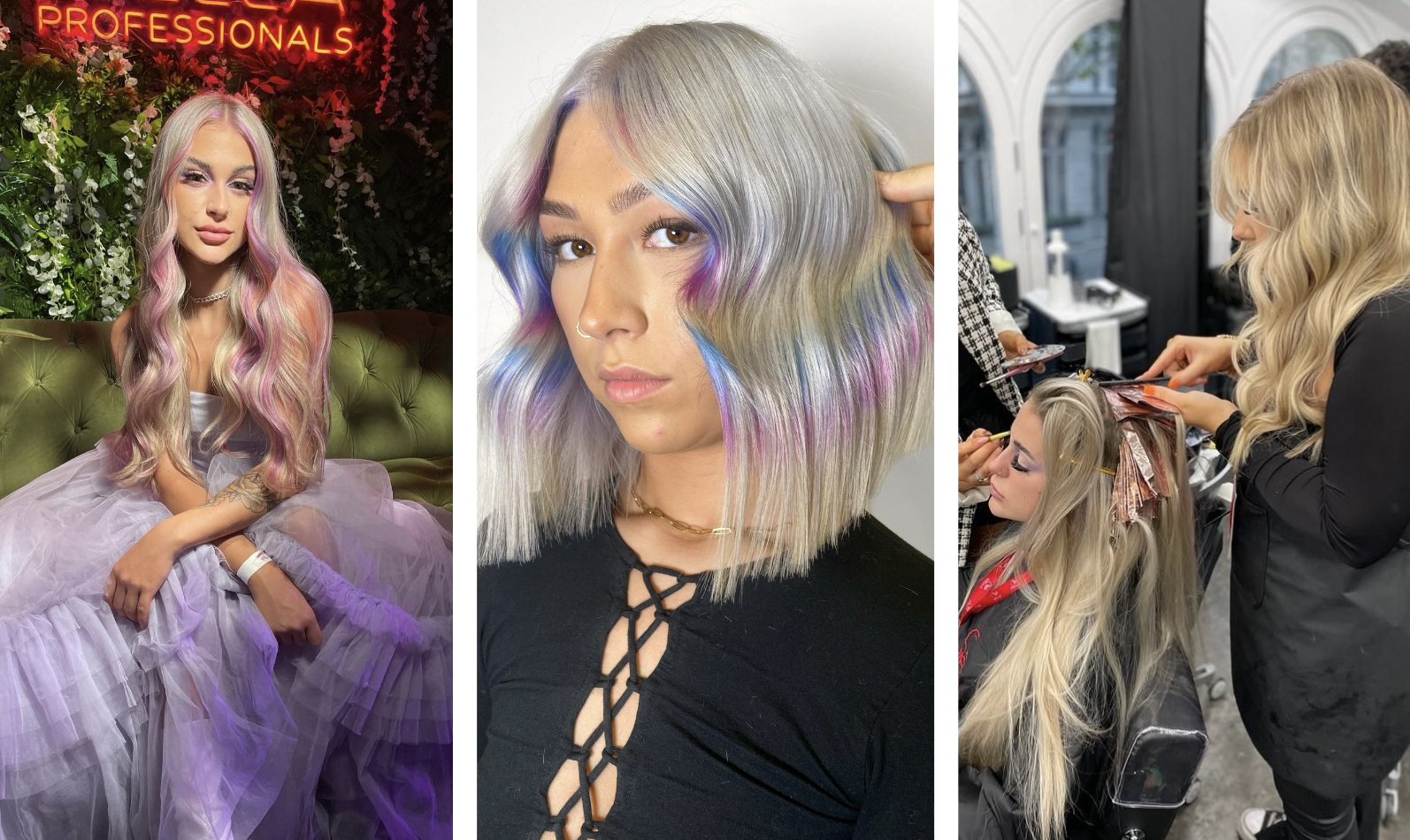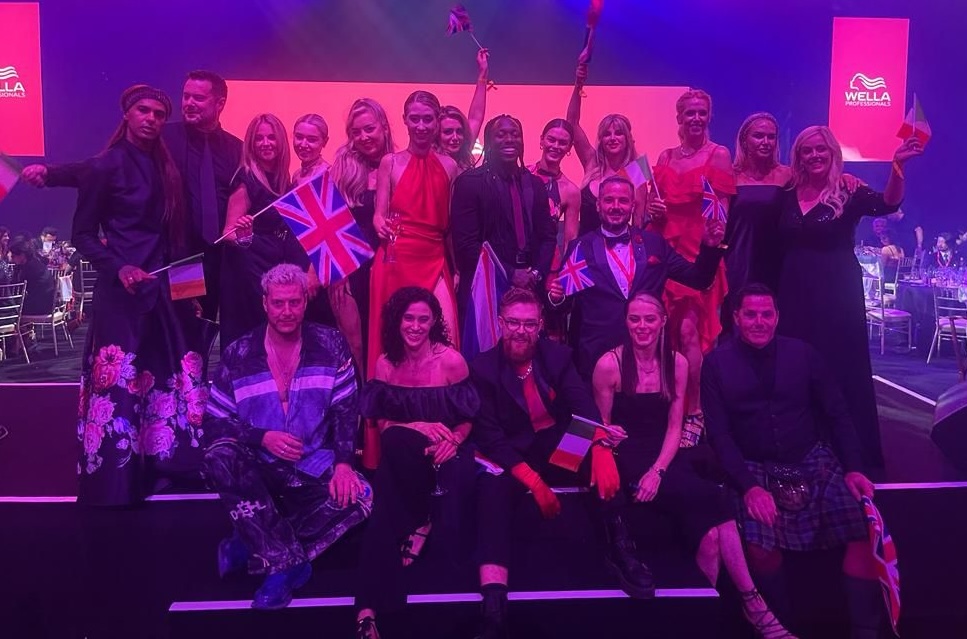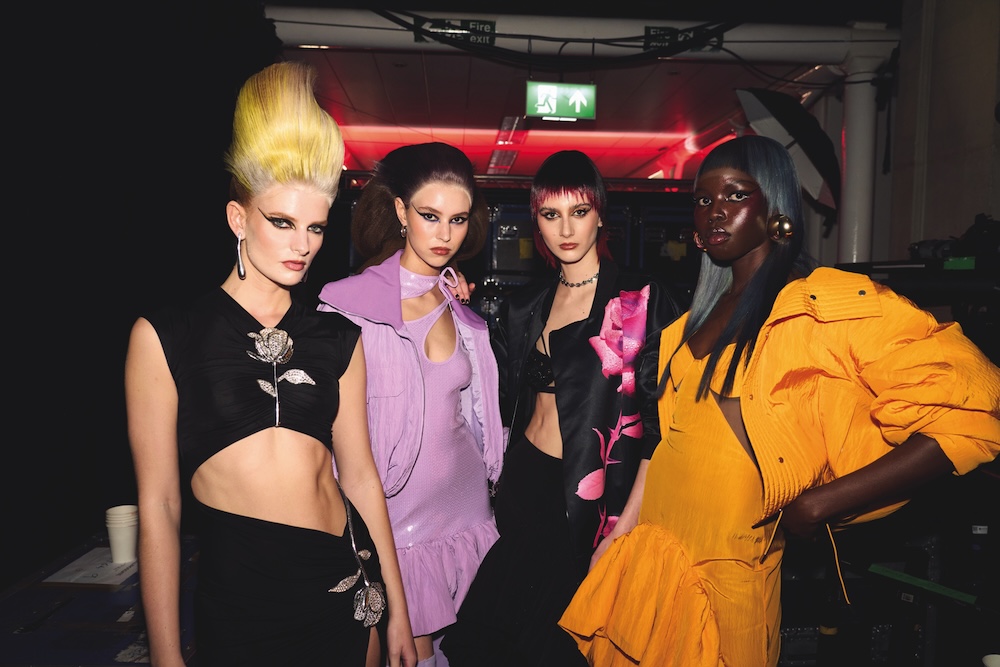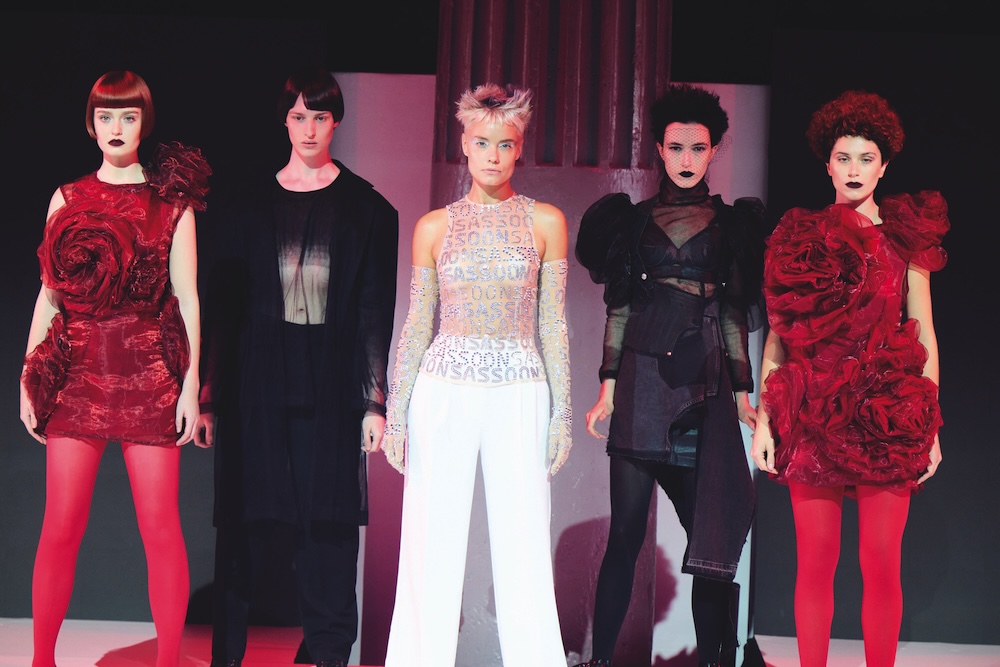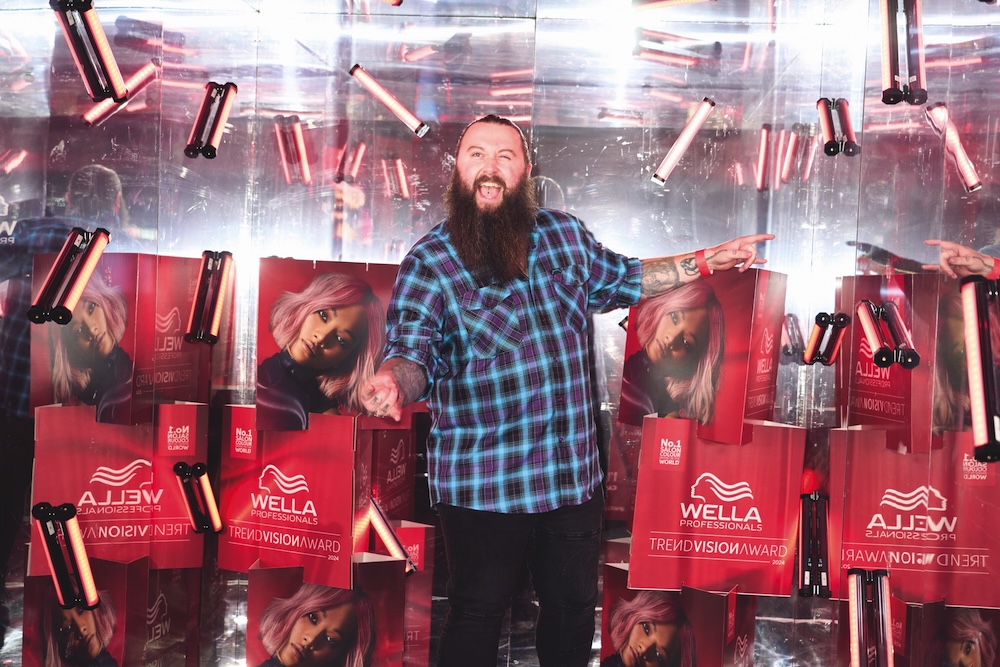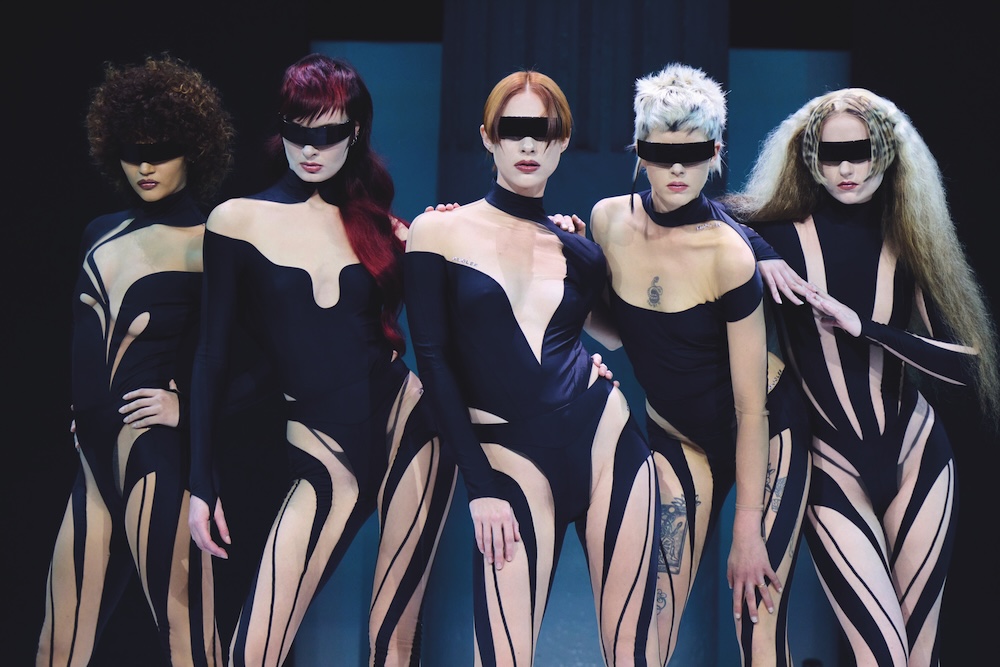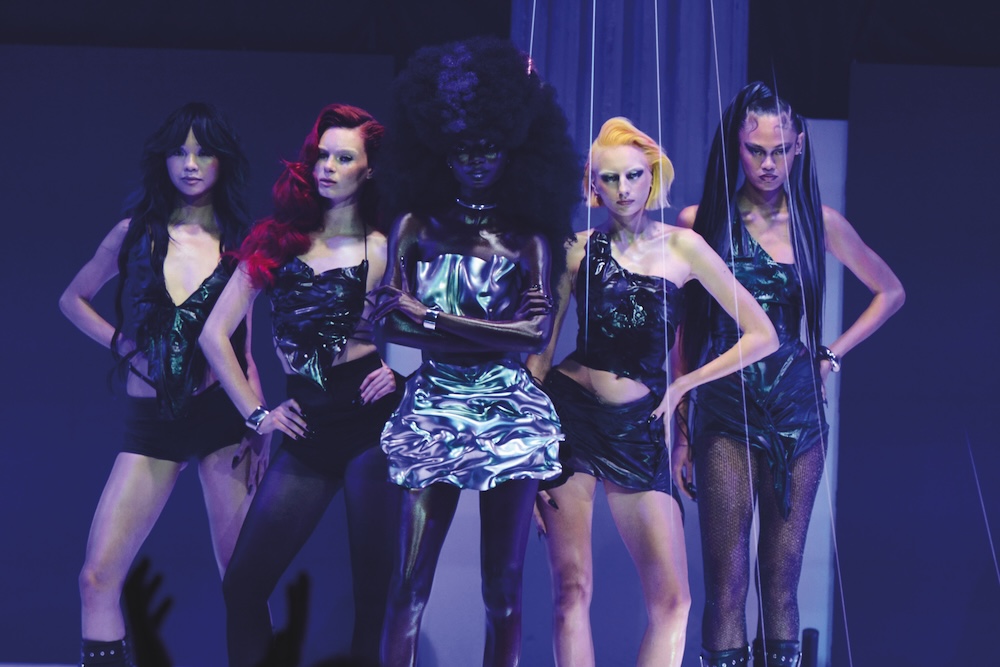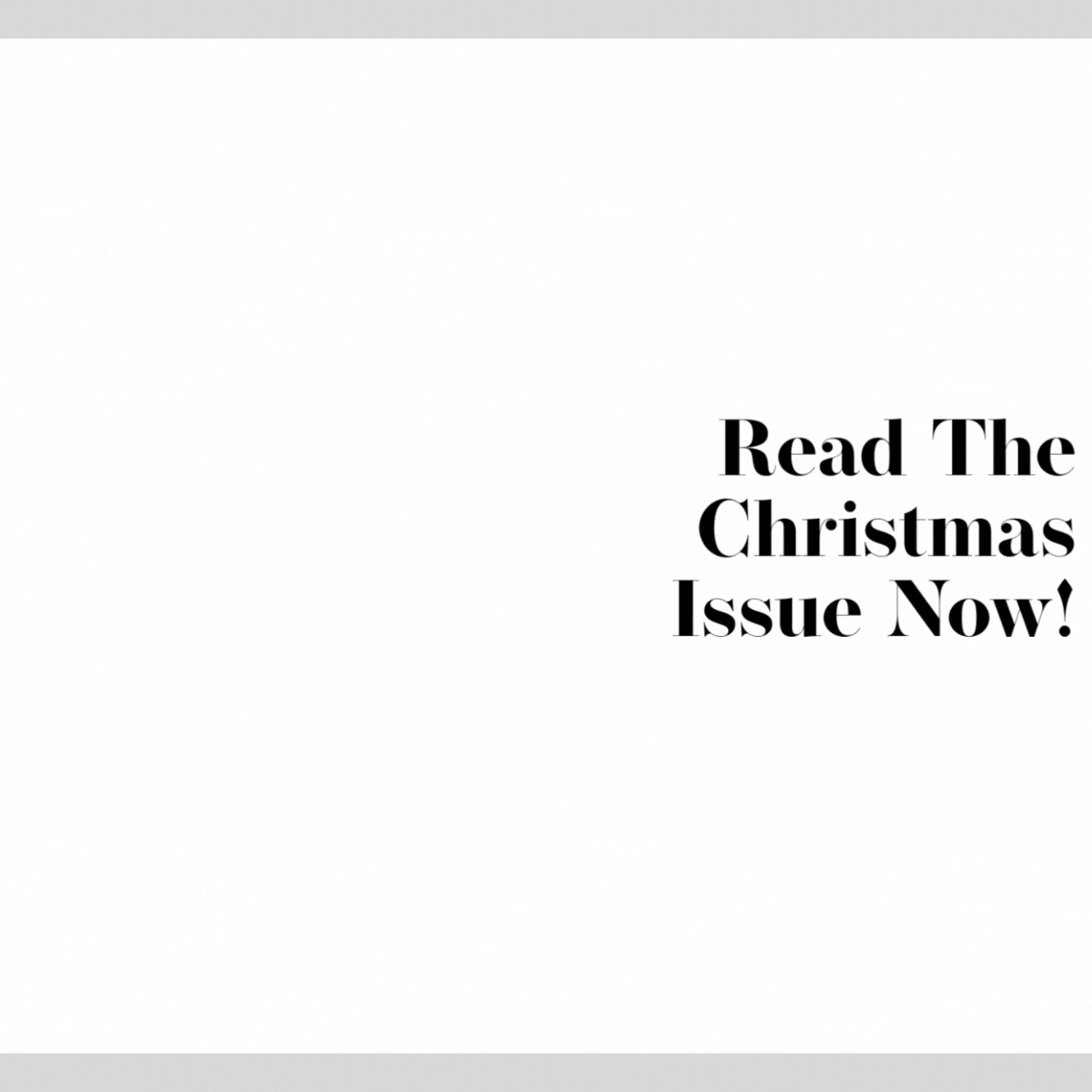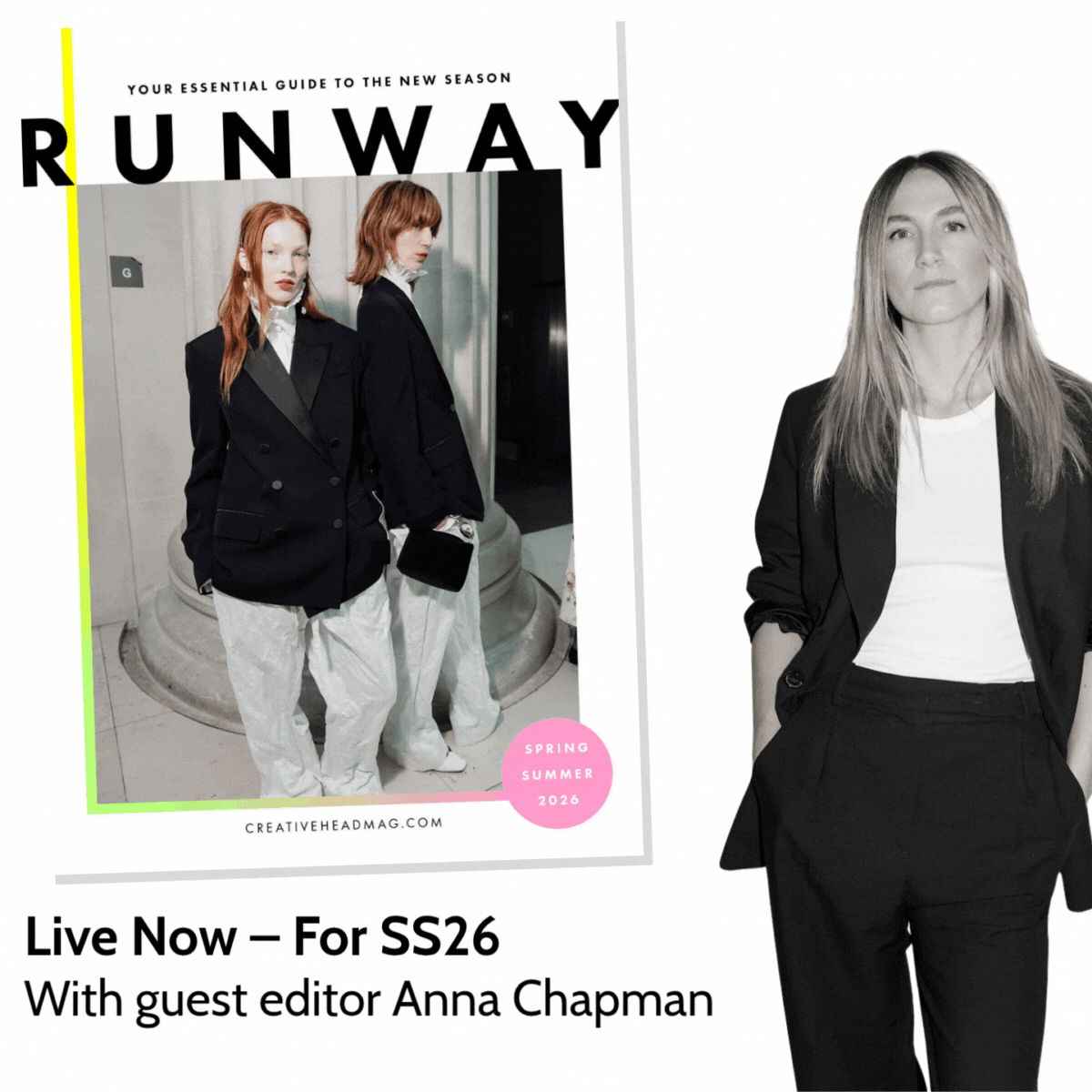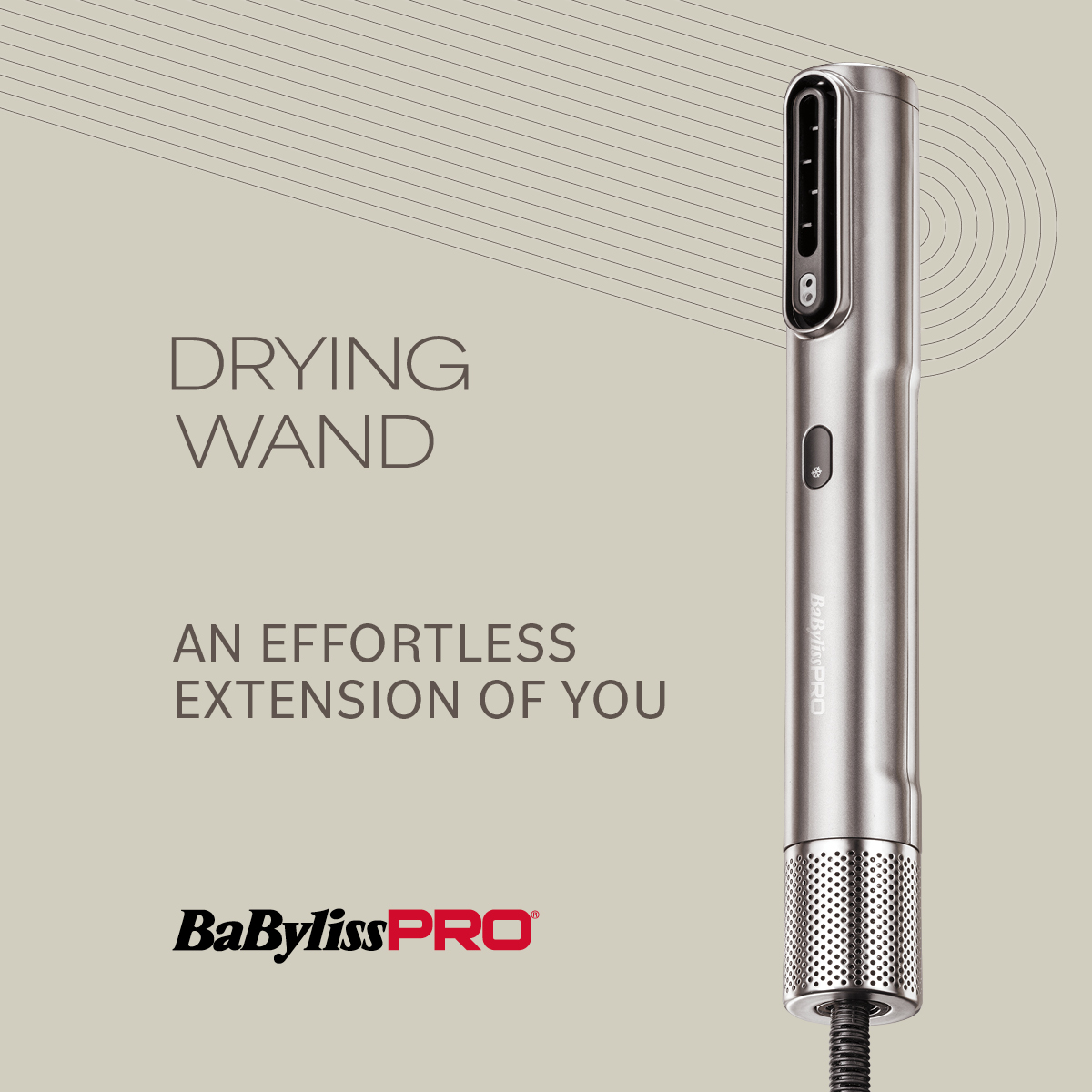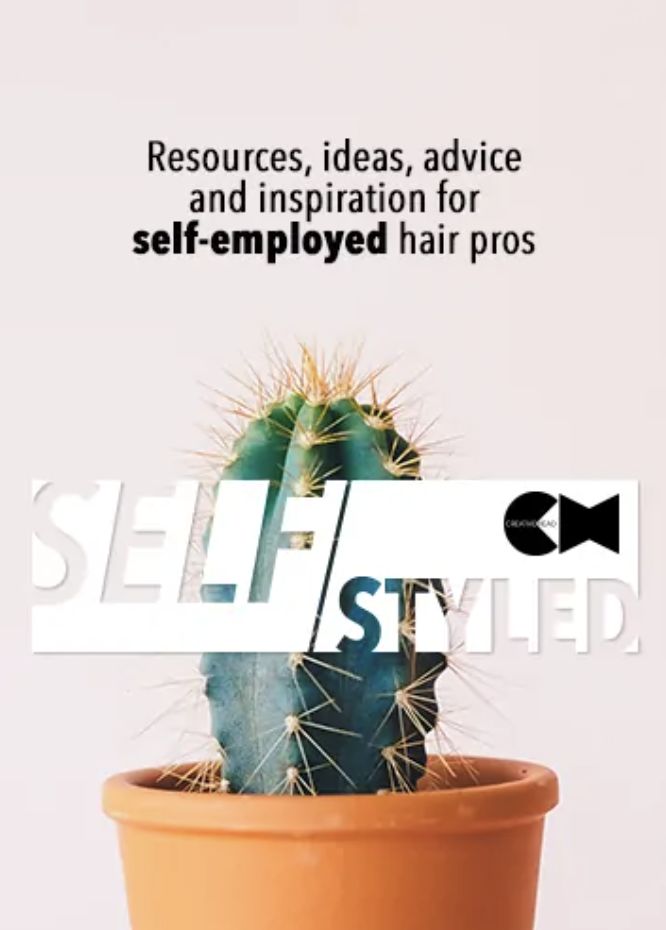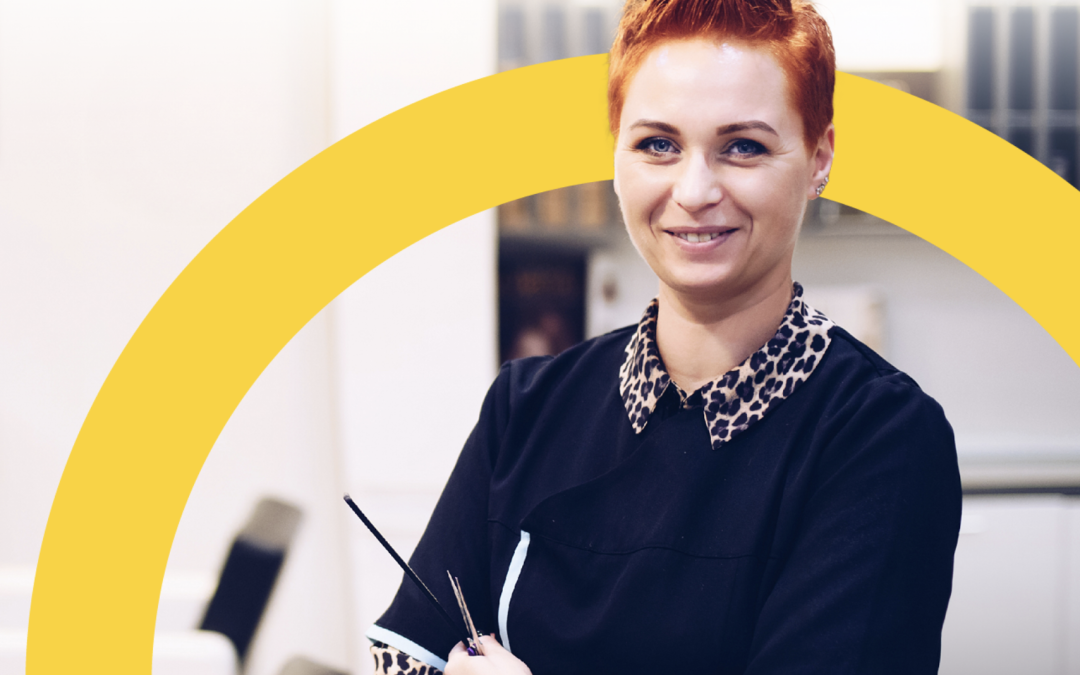
Revealed: New HMRC Guidance On Rent-A-Chair Models And Employment Status
Revealed: New HMRC Guidance On Rent-A-Chair Models And Employment Status
Fresh assistance from government comes as many salons consider changing their employment models to survive increasing costs
by AMANDA | INFORM

HMRC has unveiled new guidance in a bid to help hair businesses determine employment statuses for tax purposes.
The new guidance is focused particularly on those using the ‘rent a chair’ model, where hair professionals pay an agreed fee or percentage of their income to use a chair or space within a salon.
Developed in collaboration with “industry stakeholders”, the guidance includes information about common working practices and how they relate to employment status. Included is the HMRC’s Check Employment Status for Tax (CEST) tool, designed to help determine whether an individual is employed or self-employed for tax purposes.
HMRC has described its guidance as “user-friendly” and includes examples of common scenarios that indicate whether an individual might be employed (such as having set working hours determined by the salon) or self-employed (such as setting their own prices and maintaining their own client list).
The new guidance responds directly to requests from the industry for clearer, sector-specific information at a time when an increasing number of salons are exploring the move to rent-a-chair and collective models, in part due to the increased costs associated with running an employment model following the Autumn Budget.
“We understand the hair and beauty industry operates with various working arrangements, and it’s vital that both salon owners and professionals get their tax status right,” said Kelvin Shorte, deputy director, Taskforces & Specialist Compliance, HMRC. “Whether you’re a salon owner with staff or someone who rents out chairs in your premises, this guidance will help you understand your obligations, so you can get your tax right first time.”
Included in the guidance is a new video, clarifying that employment status “isn’t a matter of choice and outlines the different tax obligations for employed and self-employed individuals”. It also includes information about VAT registration requirements and the importance of written agreements when renting salon space.
